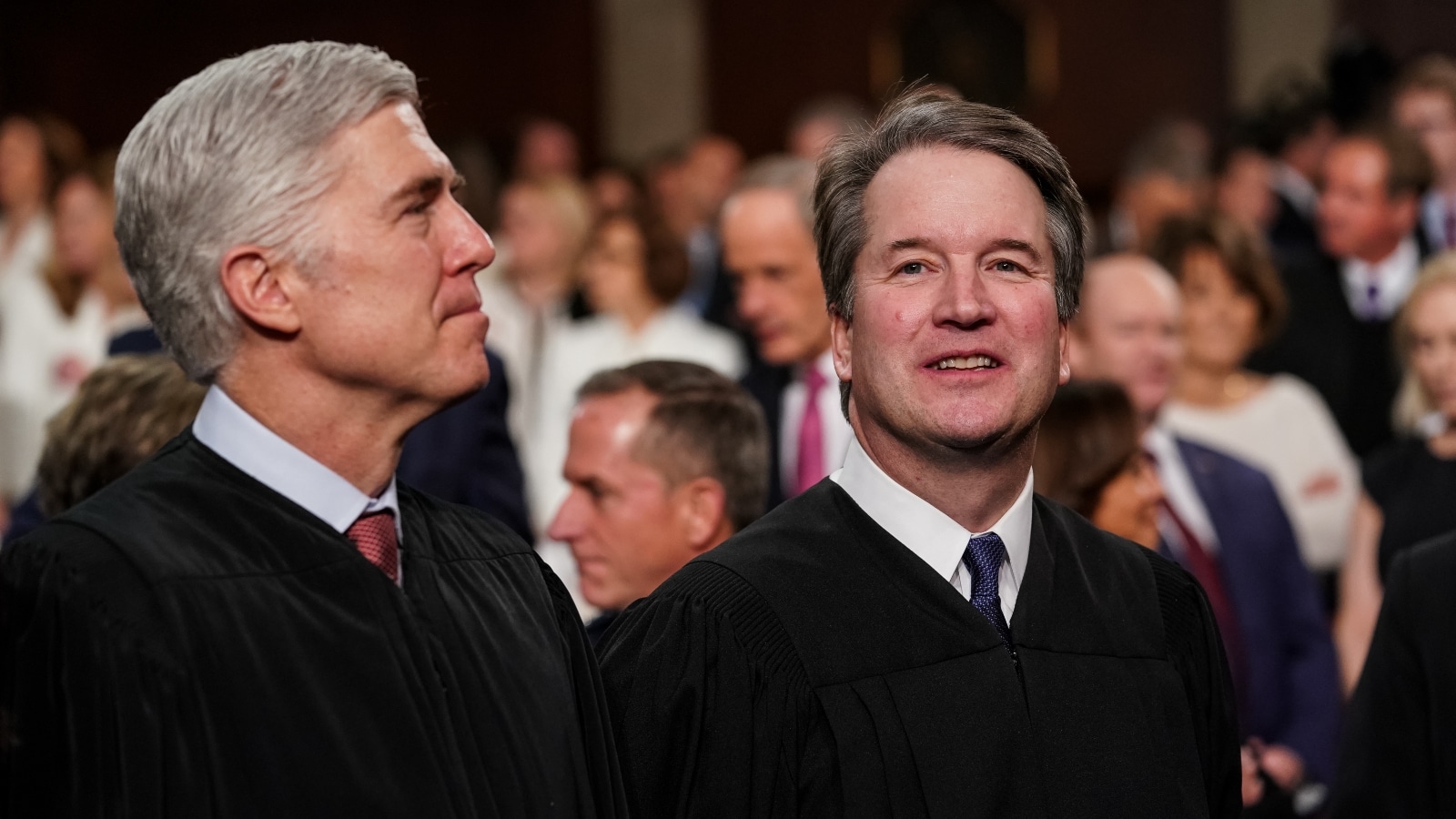OPINION: This article may contain commentary which reflects the author's opinion.
The U.S. Supreme Court has rejected an appeal by a former New Mexico state official who was disqualified from holding office after his involvement in the Jan. 6, 2021, riot at the U.S. Capitol Building.
Couy Griffin, a former Otero County commissioner, was known for endorsing former President Donald Trump with several horseback caravans. However, he is now the only elected official banned from holding office under the “insurrection” provision of the 14th Amendment, the Associated Press reported.
In 2022, Griffin was put on trial in a state district court and became the first person in more than a century to be removed from office under a provision of the 14th Amendment. This provision was created to prevent former Confederates from holding government positions after the Civil War.
Despite the Supreme Court’s recent ruling that states cannot prevent Trump or other federal office candidates from appearing on the ballot, the justices clarified that distinct rules apply to state and local candidates, the AP report noted.
“We conclude that states may disqualify persons holding or attempting to hold state office,” the justices wrote in an opinion that was not signed.
The AP noted further: “Griffin, a Republican, was convicted in federal court of entering a restricted area on the Capitol grounds on Jan. 6 and received a 14-day prison sentence. He served time following his arrest in Washington after returning there to protest Biden’s inauguration in 2021, which reduced the sentence. That conviction is under appeal. Griffin contends that he entered the Capitol grounds on Jan. 6 without recognizing that it had been designated as a restricted area and that he attempted to lead a crowd in prayer using a bullhorn, without engaging in violence.”
The high court’s ruling regarding Trump struck down the Colorado Supreme Court’s decision to remove him from the 2024 presidential ballot. That decision also halted efforts in several other states to remove Trump under the ‘insurrection’ clause, though he’s never been charged with that crime, much less convicted of it.
Also last week, the high court ruled against a convicted drug dealer in a case that had implications for thousands of federal prisoners seeking shorter sentences.
In a rare ideological split of 6-3, justices ruled that Mark Pulsifer, who admitted guilt to distributing methamphetamines in 2020, did not qualify under a provision of the First Step Act, a substantial sentencing reform law, NBC News reported.
The question at hand revolved around whether Pulsifer should face a mandatory 15-year sentence or be eligible for a “safety valve” provision. The provision outlines conditions under which a lesser sentence could be applied to nonviolent, low-level drug offenders, according to the outlet.
In a decision authored by liberal Justice Elena Kagan, the court concluded that Pulsifer failed to fulfill the requisite criteria. She was supported in the majority by five of the court’s six conservative justices.
The passage outlines a series of guidelines for imposing sentences lower than the mandatory minimums. The court concluded that Pulsifer must fulfill all the requirements and rejected his argument that meeting some of them would be enough to provide relief. According to the source, the verdict was partly based on how the court interpreted the word “and.”
Congress “did not extend safety-valve relief to all defendants, but only to some,” Kagan wrote. Conservative Justice Neil Gorsuch dissented, joined by the two remaining liberal justices, Sonia Sotomayor and Ketanji Brown Jackson.
Gorsuch claimed that the high court substantially limited the objective of the First Step Act.
“Adopting the government’s preferred interpretation guarantees that thousands more people in the federal justice system will be denied a chance — just a chance — at an individualized sentence. For them, the First Step Act offers no hope.”
